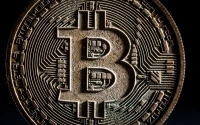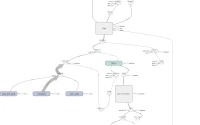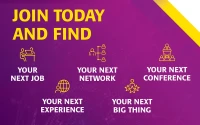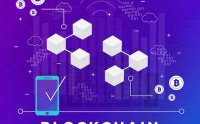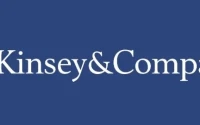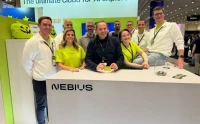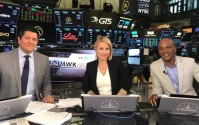CNBC's Kernen vs. Hassett: A Glimpse into the Inflation Battlefield and the Future of Truth
The clash between CNBC's Joe Kernen and former Trump economic advisor Kevin Hassett wasn't just another cable news shouting match. It was a microcosm of a much larger battle: the struggle to define economic reality for everyday Americans. And while the headlines might paint a picture of political squabbling, I see something far more profound—a glimpse into how we will use AI and data to navigate the complexities of our economic future.
Kernen, with the tenacity of a seasoned journalist, hammered Hassett on the disconnect between White House pronouncements of "falling prices" and the lived experience of families still grappling with inflated costs. He pointed to the real pain: "$5,000" lost in real average weekly wages during the Biden years. Hassett, in turn, clung to the narrative of "improving purchasing power," citing gains this year. As CNBC’s Joe Kernen Presses Kevin Hassett to ‘Admit’ Claim of ‘Falling’ Prices Is ‘Not True’ reported, the exchange was quite pointed.
Who's right? Well, that's almost beside the point. What truly excites me is the need for a better, more transparent, and personalized way to understand economic data. Imagine an AI-powered economic advisor, crunching not just the headline inflation numbers, but your specific spending habits, your local prices, your wage growth (or lack thereof). This isn't science fiction; it's the logical next step in how we consume and understand economic information.
The Dawn of Personalized Economic Reality
The current debate is mired in averages and national trends, which often mask the very real disparities felt by individuals and communities. As Marjorie Taylor Greene said, accusing the administration of “gaslighting” working Americans by denying “what is happening.” We need to move beyond this broad-stroke approach. We need economic data that reflects your reality.
Think of it like this: today, we navigate using GPS apps that give us real-time traffic updates and personalized routes. Why can't we have the same for our finances? An "economic GPS" that alerts us to rising costs in our area, suggests ways to save based on our spending patterns, and even predicts potential economic headwinds based on our industry. The potential is staggering, and it's all within reach.
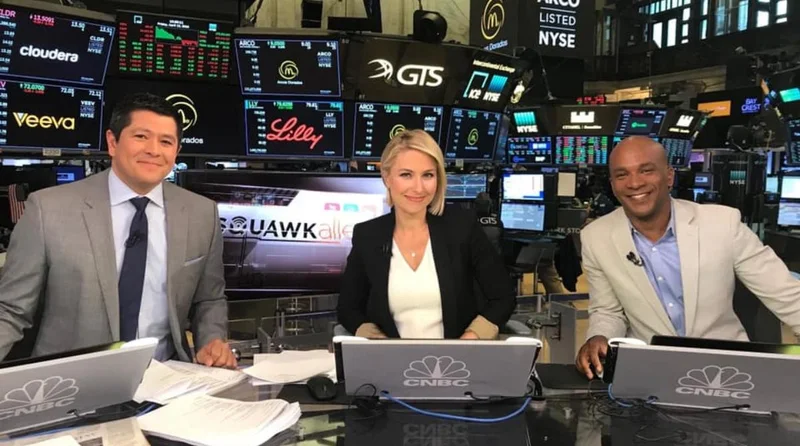
This kind of personalized economic intelligence wouldn't just be helpful for individuals. Imagine the impact on small businesses, allowing them to anticipate market shifts, optimize pricing strategies, and make informed decisions about hiring and investment. It's a paradigm shift—a move from reactive coping to proactive planning.
But with this power comes responsibility. We need to ensure that these AI-driven tools are transparent, unbiased, and accessible to everyone, not just the wealthy elite. We need to guard against the potential for manipulation and ensure that the data is used to empower individuals, not exploit them. When I first started thinking about this, I had to pause and catch my breath, because this kind of power can be used for good or bad.
The Future is Data-Driven Empowerment
I see the Kernen-Hassett exchange as a turning point. It highlights the growing frustration with top-down economic narratives and the urgent need for a more granular, personalized approach. The technology is here, the data is available, and the demand is undeniable. What's missing is the vision and the will to create a truly democratized economic landscape.
Now, some might argue that this is pie-in-the-sky thinking. That economic forecasting is inherently unreliable, and that AI is just another overhyped technology. But I disagree. The printing press was once considered a dangerous technology, and the internet was dismissed as a passing fad. History is full of examples of transformative technologies that were initially met with skepticism. This is different, though, because we're not just talking about faster communication or easier access to information. We're talking about empowering individuals to make informed decisions about their financial futures.
So, What's the Real Opportunity?
The squabble between Kernen and Hassett is a catalyst. It's a reminder that the old ways of understanding the economy are no longer sufficient. The future belongs to those who can harness the power of data and AI to create a more transparent, personalized, and equitable economic reality. And it's closer than you think.


